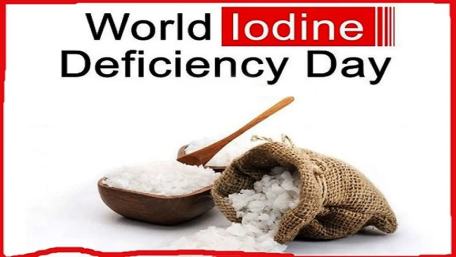Vitamins A and C may help in finding out more about stem cell therapy, says study
Posted on: 16/Oct/2016 11:04:46 AM

A new study conducted by scientists at the University of Otago in New Zealand has said that vitamins A and C complement each other in erasing memory associated with DNA, an important effect for improving technologies geared towards regenerative medicine and stem cell therapy. The study appears in the journal Proceedings of the National Academy of Science, or PNAS.
Speaking about this, the researchers said, This remarkable reprogramming process is possible, there has been much interest in using induced embryonic stem cells to cure human disease. However, hampering these efforts is the reality that adult cells are resistant to changes in their identity, partly because of chemical alterations to their DNA. These alterations, known as DNA methylation are acquired during development and provide a form of cellular memory that helps cells faithfully maintain a specialised function.
Removal of this memory is critical in order to create a developmentally potent stem cell, or to change one kind of adult cell to another. Adding vitamins A and C to culture dishes synergistically removes DNA methylation from embryonic stem cells. When applied to cells during the reprogramming process, those with the desired naive embryonic characteristics were created in much greater numbers. We found that both vitamins affect the same family of enzymes which actively remove DNA methylation; it turns out that vitamin A increases the number of these enzymes within the cell, and vitamin C enhances their activity.
In addition to regenerative medicine, this work may have implications for other areas of biomedical importance. Loss of DNA methylation and cellular memory are a hallmark of certain cancers, so a better understanding of how this process occurs could prove significant. We are beginning to explore how the vitamin-induced effects we have uncovered in this study might impact on the loss of DNA methylation in certain cancers.







